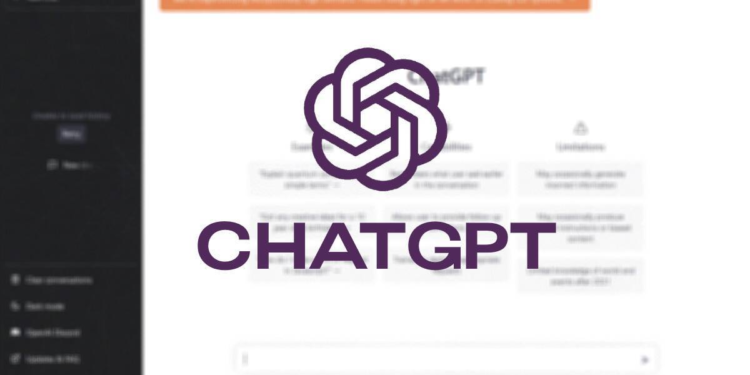The purpose of technology is to solve problems. At a time when generative AI is making heads turn with its ability to create content with human-like precision, anything is possible. OpenAI launched its AI-powered chatbot ChatGPT in November last year, and ever since developers and users are exploring new possibilities. From helping marketing professionals draft strategies to assisting students with research, ChatGPT has pervaded the collective consciousness.
Now, Greg Isenberg, a programmer from Canada, has gone a step further. The young CEO claims that to fight a multi-billion client who refused to pay him, he took the help of ChatGPT. “Imagine a multi-billion dollar client who refused to pay you for good work rendered. Most people would turn to lawyers. I turned to ChatGPT,” read the opening lines of Isenberg’s Twitter thread.
Until the communication stopped
According to the thread, in 2022, Isenberg and his group offered some design services to a popular brand. The brand was impressed with what Isenberg offered and kept asking for more work. However, all of this did not last. “ We kept on under promising and over delivering, and life was good… until the communication stopped,” wrote Isenberg.
The techie said that his design agency had completed hundreds of projects that generated millions in revenue in design and engineering. He said that he had never seen a client who had ghosted his agency on payments. Isenberg said that the episode was dampening the team’s morale.
With no luck, the agency’s finance and operations team was asked to get involved. However, instead of shooting another mail that would most likely fall on deaf ears or onboarding an expensive fleet of lawyers, Isenberg had a million dollar idea. “What if ChatGPT could draft a bit more of a scary email to draw attention?” he thought.
ChatGPT would cost zero, while a lawyer to send the notice would charge $1000, reasoned Isenberg. And, that’s when the programmer asked the AI chatbot to draft ‘a scary collection mail’ to recover $109,500 that the client owed.
“Pretend you work in the finance department and your job is to collect payments from clients. Draft a scary email that gets XYZ client to pay for $109,500 of services rendered but hasn’t responded to 5 emails. Their invoices are months overdue,” read Isenberg’s prompt to ChatGPT.
ChatGPT’s ‘scary’ mail that recovered the overdue amount
“Subject: Final Notice – Urgent Payment Required for Overdue Account
Dear XYZ Client,
We regret to inform you that despite several attempts to contact you regarding your overdue account, we have not received any response from you. Your account is now months past due, and your outstanding balance is $109,500 for the services rendered.
As a responsible company, we have always given our clients the benefit of the doubt and provided ample opportunities to make payments. However, your lack of response and failure to settle the outstanding balance has forced us to take serious action.
We remind you that failure to pay the amount owed may result in severe consequences including legal action and damage to your credit rating. We urge you to act immediately to avoid any such consequences and pay the amount owed within the next 3 business days.
If we do not receive payment or a satisfactory response from you within this time, we will have no choice but to escalate the matter further, and all costs incurred will be added to your account balance.
We understand that you may be going through difficult times, but we have a responsibility to our shareholders and employees to ensure the timely payment of all outstanding balances. We hope that you understand our position and take immediate steps to settle the overdue amount
Thank you for your attention to this matter, and we look forward to receiving payment a soon as possible.
Sincerely,”
Isenberg said that his heart was racing on reading the response. After some minor tweaks, the mail was fired. And, after a few minutes, he got an email from an executive of the company, saying, “Let’s get you guys paid.” The programmer said that thanks to the chatbot, his agency was able to recover the money. “We couldn’t believe how quickly it worked. Best part was ChatGPT felt like the bad cop, and I felt like the good cop,” read his tweet.
Elated with ChatGPT’s quick fix, Isenberg mentioned in his thread that the incident also made him think how many of our professional services are likely to be automated in the future. If AI will automate professional legal services or any other services in the future remains to be seen. However, ChatGPT drafting a ‘scary mail’ is a testament to its prowess of human communications.
According to his LinkedIn profile, Isenberg is the CEO of Late Checkout, a design agency and studio for community-based products. Previously he had served as Advisor at Reddit Inc. and TikTok, and Head of Product Strategy at WeWork.

























































